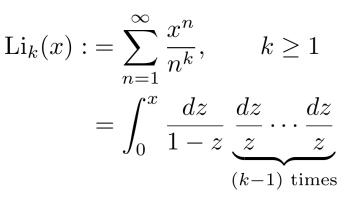Relative decidability via the tilting correspondence
Abstract
The goal of the talk is to present a proof of the following statement:
Let (K,v) be an algebraic extension of (Q_p,v_p) whose completion is perfectoid. We show that K is relatively decidable to its tilt K^♭, i.e. if K^♭ is decidable in the language of valued fields, then so is K.
In the first part [of the talk], I will try to cover the necessary background needed from model theory and the theory of perfectoid fields.


